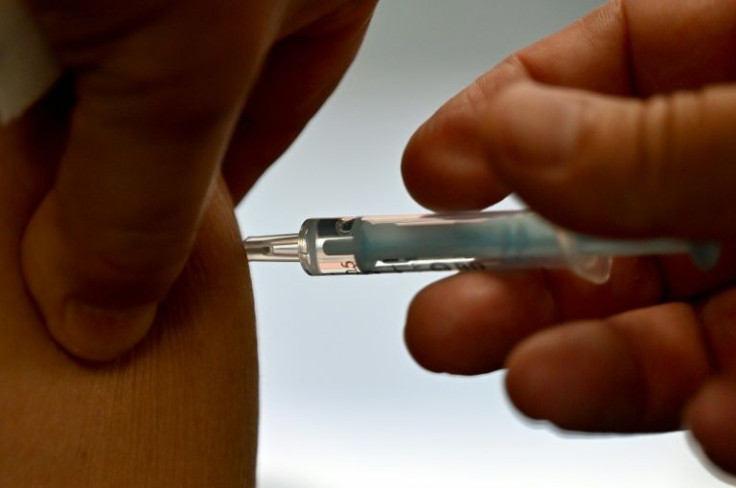Omicron Has 'Increased Risk Of Reinfection' But Milder Disease: WHO
KEY POINTS
- Early data suggests that the Omicron variant can more easily reinfect people who have already had coronavirus
- WHO officials say more research is needed to determine the threat of the new variant
- Pfizer's CEO suggested that a fourth dose of COVID-19 vaccine may be needed
The Omicron coronavirus variant, first discovered in South Africa in November, could more easily reinfect people who have already recovered from the virus than previous variants, but could only cause milder symptoms, health officials have said.
During a media briefing Wednesday, the World Health Organization (WHO) acknowledged early reports indicating that the B.1.1.529 variant could more easily reinfect people who had been infected with and recovered from COVID-19. However, the agency added that the new variant is less likely to cause severe illnesses compared to previous coronavirus variants.
“Emerging data from South Africa suggests increased risk of reinfection with Omicron,” WHO chief Tedros Adhanom Ghebreyesus told reporters. “There is also some evidence that Omicron causes milder disease than Delta.”
Despite the reports, Ghebreyesus warned that more research is needed before they can draw firm conclusions over the potential threat of the new variant. He also urged countries to boost their surveillance program to help health officials determine how the Omicron variant behaves.
“It’s still too early to be definitive. Any complacency now will cost lives. We are calling for more countries to submit more data to our clinical data platform,” Ghebreyesus added.
During the media briefing, WHO officials also stressed the importance of getting vaccinated. WHO experts said that while the vaccines were less effective against the Omicron variant, they were would still help prevent severe disease, hospitalizations and deaths.
Soumya Swaminathan, the chief scientist for WHO, cautioned against reacting to early data suggesting that the Pfizer-BioNTech vaccine could have at least a 41-fold reduced efficacy against the Omicron variant. She noted that the study only had a small number of samples.
Pfizer CEO Albert Bourla on Wednesday said a fourth booster shot of the COVID-19 vaccine could be needed at fighting the omicron variant. Bourla projected that the fourth dose could be given 12 months after the third shot, according to CNBC.
However, the Pfizer CEO added that more real-world data is needed for them to fully determine whether a fourth dose is required. He said officials should focus more on rolling out third doses in preparation for the winter, noting that other treatments — such as the company oral antiviral pill, Paxlovid — could help control COVID-19 cases during the cold season.

© Copyright IBTimes 2025. All rights reserved.






















